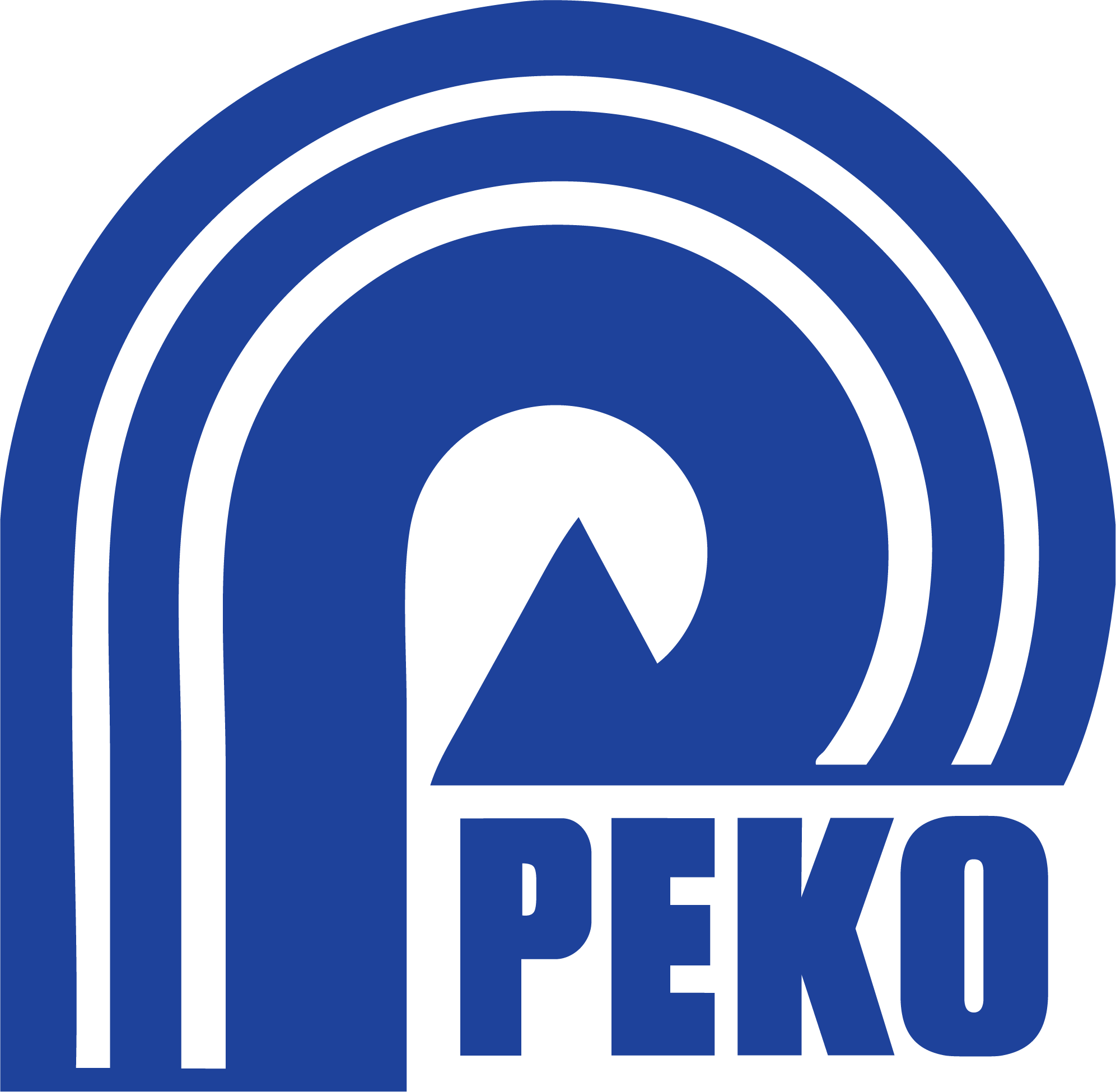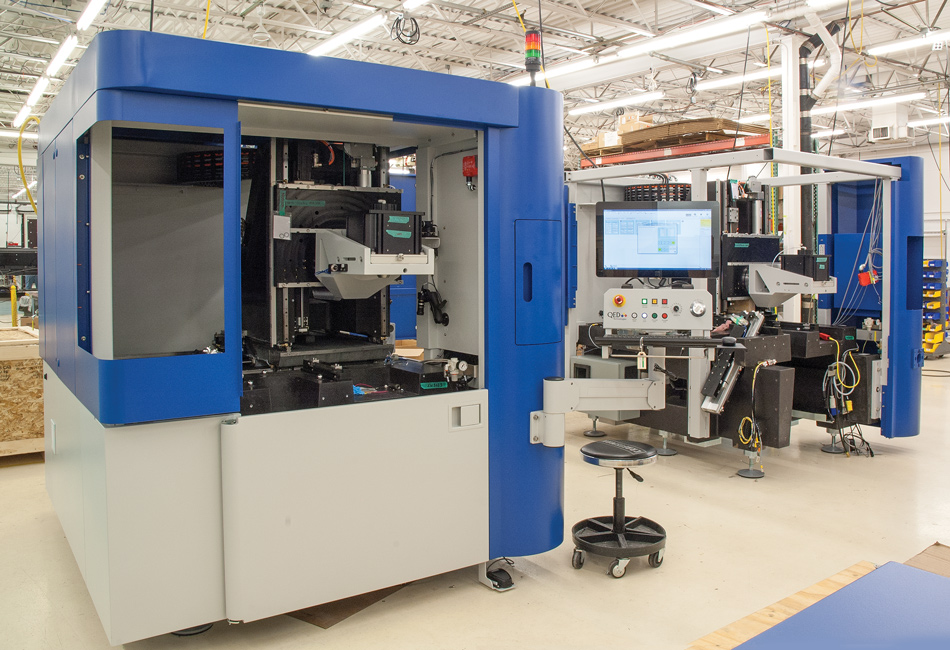Next-Generation Optical Manufacturing Machine
Challenge
Founded in 1996, QED Technologies is a leading Elite 100 manufacturer of MRF polishing and SSI metrology manufacturing solutions based in Rochester, NY. QED’s proprietary optics polishing process has revolutionized the industry with its automated, deterministic, and repeatable surface correction capabilities, allowing advanced optics manufacturers to attain near-perfect shape and surface finish on a range of the world’s top optical components. The Company’s innovative MRF optical manufacturing machines employ this polishing process to the most demanding levels of precision at unprecedented speeds.
With the widespread adoption of deterministic polishing methods comes greater demand for improved metrology. Being at the forefront of the industry, QED set out to introduce a new solution to answer these needs. The Company had become overly reliant on one supplier who was given exclusive rights to manufacture the system but fell short of technical capacity to perform the product development tasks required. They sought to control their own destiny by developing a new optical manufacturing machine independent from that supplier.
While QED possessed the technical expertise for their proprietary process, they lacked the internal knowledge and resources to pursue the development and manufacturing of their new machinery line in-house. They set out to find a true manufacturing partner that could not only build their new polishing equipment but could also work with them on its design, functionality, and refinement and allow them to maintain complete ownership of the product and its associated intellectual property.
Solution
Finding an engineering design house and manufacturer capable of large-scale, repeatable manufacturing of complex machinery that could accommodate critical parameters on nano-level polishing was no easy endeavor. PEKO’s combination of technical NPI engineering experience, complete production manufacturing capability, and IP protections allowing the customer to maintain complete ownership of their product was the perfect match.
At the initiation of the program, PEKO assigned an NPI project manager. The team of design engineers, tool makers, and electricians made sure all necessary steps were taken to ensure success on such a complex design and build of the initial low volume units.
PEKO’s product development experts worked with QED’s System Engineers to develop various designs and test methods to determine the most cost-effective approach to achieve the optical manufacturing machine’s demanding performance specifications.
Material selection, precise motion controls, FEAs, and extensive GD&T are just a few of the key aspects of the design that were completed by PEKO while meeting stringent cost constraints. Sub-assembly prototypes were designed, built, and tested in-house to verify designs, prior to final integration into the complete machine.
Once the challenge of designing a working machine was solved, the customer needed pilot and production units, and fast. PEKO reviewed and finalized the Bill of Materials, released the component parts to in-house manufacturing, procured off-the-shelf items, created the quality documentation, and more.
With quick growth to production, the complexity of the machinery required PEKO to create hundreds of detailed work instructions, and the team of assembly technicians were trained to execute on all aspects of the build, including pneumatics, hydraulics, servo, and a variety of other motion controls. The completed optical lens manufacturing machine was displayed at tradeshows and began to ship direct to customers.
As the machine gained sales momentum and market demands increased, PEKO transitioned from manufacturing and assembly methods appropriate for prototype volumes to more sophisticated processes for higher levels of production. A 7,000 Square foot area was dedicated to the assembly cells for these machines, and in-house testing was done at the end of each build to ensure the product left PEKO with perfect performance and minimal debug. Specialized crating is used, and the product is shipped directly to the end-user.
SUccess
The strong partnership with PEKO allowed for a collaborative debugging process to address all issues in a timely manner and QED was able to deliver the new optical manufacturing machine with unprecedented levels of performance, flexibility, and ease of use.
The new platform incorporated many of the desired design and functionality elements and PEKO’s product design and validation efforts positioned the new product for success relative to cost, performance, and reliability goals, allowing QED to focus on their most profitable activities, like the technology, polishing and metrology processes.
By choosing a contract manufacturer with extensive engineering expertise and vertically integrated manufacturing capabilities, QED was able to extend the relationship with PEKO to a next-generation optical lens manufacturing machine on a larger scale with additional advanced features in an even quicker timeframe.
Both generations of these machines have been widely recognized for their ability to answer optics manufacturing challenges for many high-tech applications, such as in the telecommunications and semiconductor industries.
These successes led to an increase in sales and bolstered their reputation as a top performer in their industry, eventually leading them to be acquired by a world-leading supplier for the semiconductor industry. Today, there are over 150 QED machines in service with dozens shipped annually from PEKO.
Get in touch with us today to see how PEKO Precision can meet the needs of your project.



